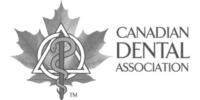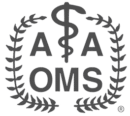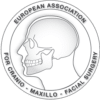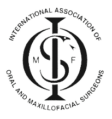Facial Trauma
Facial Trauma can result from motor vehicle accidents, accidental falls, sports injuries, interpersonal violence and work-related injuries. Types of facial injuries can range from injuries of teeth to extremely severe injuries of the skin and bones of the face. Typically, facial injuries can be classified as soft tissue injuries (skin and gums), bony injuries (fractures), or injuries to special regions (such as the eyes, facial nerves or the salivary glands).
Oral and Maxillofacial Surgeons are specially trained and highly skilled in treating facial trauma such as:
• Intraoral lacerations
• Fractured Teeth
• Fractured Facial bones
• Fractured Jaws
• Lip Lacerations
• Facial Lacerations
• Teeth that have been knocked out
One of the most common types of serious injury to the face occurs when bones are broken. Fractures can involve the lower jaw, upper jaw, palate, cheekbones, eye socket, and combinations of these bones. These injuries can affect the ability to breathe, speak, chew and swallow. Treatment frequently requires hospitalization but less serious injuries can be treated in our office.
Of course, not all facial injuries are extensive. The thing you should remember, though, is that they are all complex. Even in the case of a moderately cut lip, the expertise of the oral surgeon is indispensable. If sutures are needed, placement must be precise to bring about the desired cosmetic result. So a good rule of thumb is that you shouldn’t take any facial injury lightly.
Some of the signs and symptoms of facial fractures are:
• Pain
• Numbness of the lip, cheek, tongue, nose
• Inability to open the mouth
• Change in the bite
• Visible step-off between teeth
• Deep laceration over bone
• Bleeding from the mouth or nose
Soft Tissue Injuries of the Face
When soft tissue injures, such as lacerations, occur on the face, they are repaired by “suturing”. In addition to the obvious concern of providing a repair which yields the best cosmetic result possible, care is taken to inspect for injuries to structures such as facial nerves, salivary glands and salivary ducts. Your doctor is a well-trained Oral and Maxillofacial surgeon and is proficient at diagnosing and treating facial lacerations.










